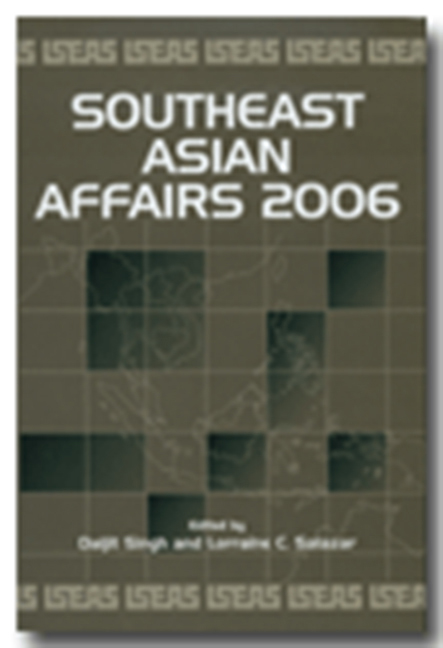Timor Leste: On a Path of Authoritarianism?
from Timor Leste
Published online by Cambridge University Press: 21 October 2015
Summary
Scholars, journalists, and political analysts observing East Timor for the past 20 to 30 years and visiting East Timor in 2005 comment that things seem to have become more “disheartening”: the local people are more angry towards the malaes (foreigners), more disillusioned with the government, the political elite, and emerging Timorese capitalists; members of civil societies and non-governmental organizations (NGOs) are more worried about the narrowing of spaces for pluralistic visions, opposition, and dissent; ex-Falintil 1 veterans are feeling more betrayed by the lack of acknowledgement of their contributions to the independence resistance struggle; armed forces soldiers have abandoned their barracks in Metinaro claiming discrimination and inequality; and citizens genuinely are concerned that the path to nation-building and democratization is increasingly signalling an authoritarian Mozambique-style suppression of opposition and freedom of speech.
Politically, East Timor is a fascinating study of democratization processes in a conflict/post-conflict context, in addition to being a paradoxical case study of the United Nation's mixed performance and most extensive involvement in nation-state building and peacekeeping in Asia and the Pacific. The country is currently undergoing serious challenges to freedom of speech and judicial sector reform, with a centralistic and rather insecure state trying to control, censor, and regulate NGOs, civil society, media, and opposition parties. As an example, one of the most widely discussed issues between the government, the judicial sector, and civil society at the moment is the re-introduction of the defamation law in the East Timor Penal Code. A defamation law (somewhat akin to the “Internal Security Act” in Singapore and Malaysia), which was criminalized by the Indonesian occupation and used under the “Subversion Law” to imprison independence resistance leaders, and was de-criminalized by the United Nations Transitional Administration in East Timor, or UNTAET (Executive Order No. 2000/2) under Sergio de Mello, is being reinstated by the Prime Minister Mari Alkatiri and the Council of Ministers in a move seen within opposition circles as intended to silence opposition in the country prior to the 2007 legislative and presidential elections.
- Type
- Chapter
- Information
- Southeast Asian Affairs 2006 , pp. 325 - 342Publisher: ISEAS–Yusof Ishak InstitutePrint publication year: 2006



